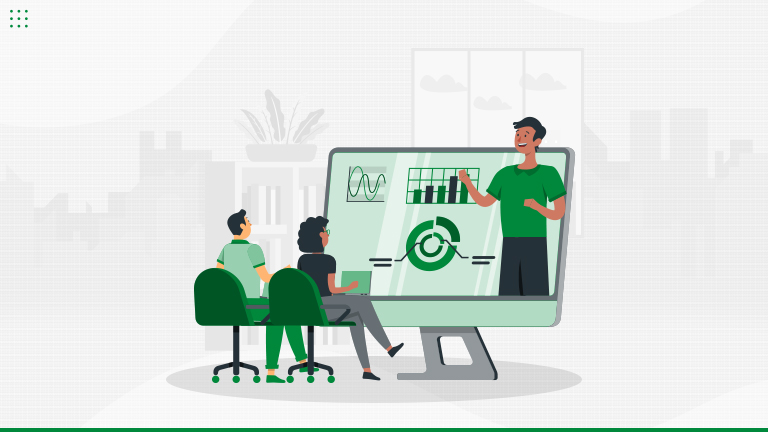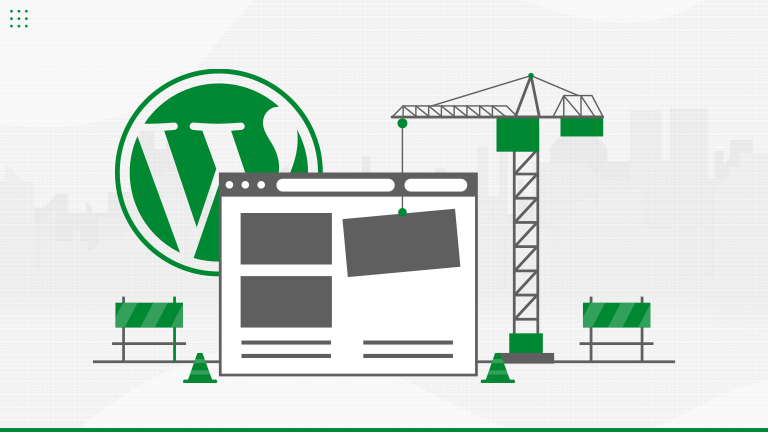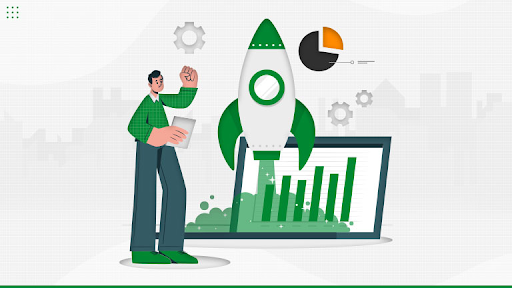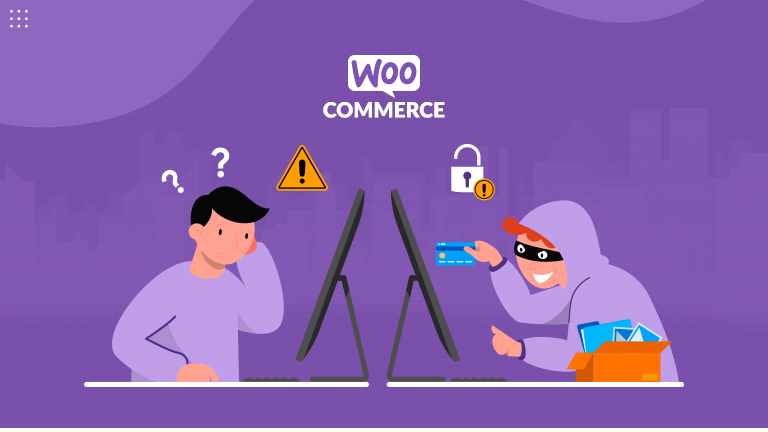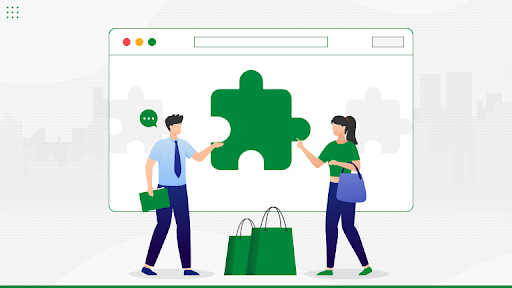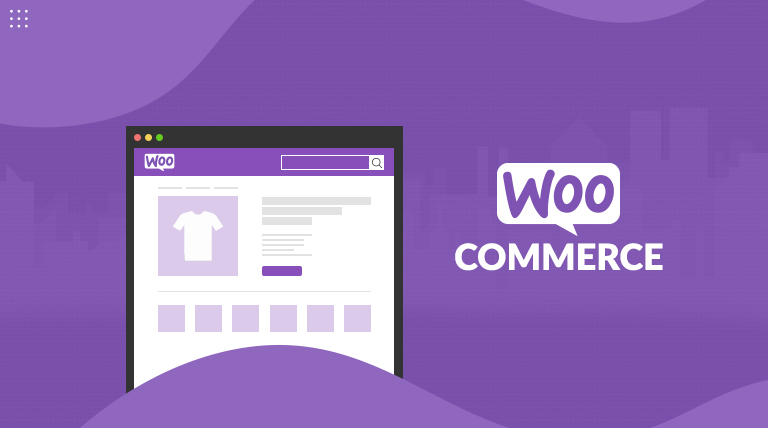Let’s Talk About Data Liberation Learn more

40+ Certified Experts

Hassle-Free Project Delivered
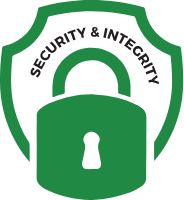
Security & Integrity

Wordpress Core Contributors
.png)
Do you have a safe & secure WordPress website? You might have some doubt related to your WordPress website security, and that’s why you Google for the best WP security practices.
Well, we have the same urge to serve you a solution, so let’s not beat the bush around and reveal the most effective 15 ways to secure your website.
Best WordPress Security Practices (15 helpful ways)
It's not like you have to lock down your website, but sharing the most useful recommendations below:
1. Secure WordPress Hosting- First thing first! Your WordPress hosting is also responsible for the website's security. Make sure you choose a trustable host for your business if you are not hosting it on your own VPS. However, this distinct case assures you have good technical knowledge of VPS hosting and WP security.
Tips
- Ensure your server hosting is updated with the latest operating system
- Scan and test for the vulnerabilities & malware
- Intrusion system & server-lever firewalls must place before WP installation
- Every software installed should be compatible with the latest database management system
- Configure the server to use secure networking & file transfer encryption protocols and hide sensitive content.
Use Latest PHP Version- Using the latest version of PHP on your server is very important as all typical major releases of PHP are supported for two years. After that, the bugs and security issues will not be fixed regularly. Currently, 7.1 is the latest version of PHP, if you are using an outdated one, update your PHP version today and secure your WP site from unpatched and security vulnerabilities.
Do you know “currently over 77% of users are using the outdated WordPress PHP version?”
Are you one of them? Here are quick ways to check:
- Run your site through Pingdom.
- The first request on the tool will show the current PHP version of your web server.
However, if you are facing compatible codes while testing for the latest version, Hire WordPress Development Agency.
3. Clever Usernames and Passwords- This is one of the easiest and best ways to save your website from hackers but for this, use some hardened words, numbers and special characters rather than 12345.
How can you make a strong password?
- Google for the recommendations
- Use Online Tools to create a strong password (Strong Password Generator)
- Use different passwords for every website
- Never use default admin username as admin
4. Latest Versions- keep your whole WP site up to date, including WordPress core, themes, plugin. Well, surprisingly, it is one of the most common reasons for breaking websites' security.
According to one report on websites vulnerability, "Over 55% of websites experience hacks because of outdated plugins." We also want to recommend you only choose trusted plugins.
5. Lockdown WordPress Admin- To make it harder for hackers to step in from the backdoors, locking down your WordPress admin is the most secure way. For starting the process, you should first change your default WP admin URL and then limit the login attempts.
Other than that, you can also add basic HTTP Authentication to your website.
However, if you are using a WAF (Web Application Firewall), use Cloudflare or Sucuri.
6. Two-Factor Authentication- Even after various practices, your password is not safe if you don't have 2FA on your site. The authentication includes a two-step process in which you have to complete one more step after login with your username and password. This step comes as SMS or OTP that you can simply operate with a phone.
Here is the list of the most trustful plugins you can use to add this feature to your website.
- Google Authentication
- Duo Two-Factor Authentication
- Two Factor Authentications
7. HTTPS–SSL Certificate- Hypertext Transfer Protocol Secure is a mechanism for allowing your browser to connect with your website securely. However, we want to clear the myth that only an eCommerce site needs SSL, as they accept cards. But there are many other critical reasons for you to use SSL on your WP website.
Reasons you should use HTTPS-
- Security
- SEO
- Performance
- Trust & credibility
- Referral data
- Chrome warning
8. Hardening wp-config.php- They are the most important files on your website, just like a heart and soul. The file contains database login information and security keys to handle the encryption of information. Here are some practices you can do to better protect your file:
- Update WordPress Security keys
- Move wp-config.php
- Change Permissions
9. WordPress Security Plugins- in our daily WP security practices, we have noticed that Security plugins save the efforts and website so easily and hardly. Here are plentiful sources that provide trustworthy WP site protection:
List of most secure WP security plugins-
- iThemes Security
- Sucuri Security
- WP fail2ban
- WordFence Security
- SecuPress
10. Database Security- From the most useful database security tricks, use a clever database name. This makes it harder for hackers to guess the name and details and protect your site by making it more difficult to identify and access to not so friendly invaders.
The second most useful recommendation is to use a different database table prefix. Moreover, you can hire our WordPress professionals to make it up for you.
11. File and Server Permissions- For both installation and web server, file permission is important for WP security. In case permissions are loose, an attacker can gain excess to your site. Also, it should not be too strict either, as that could break site functionality.
File (read, write and execute) permissions should only assign if the user has the rights. However, with directory permissions, the user has the rights to access the content under the read permission. Other than that, for write permission, the user should have the rights to add or delete files (inside the folder). And for execution, permissions should only provide to perform functions, and commands including all write permissions.
12. Disable Editing in Dashboard- When a WordPress site has multiple admins and users, it makes the security more complicated. In these cases, make sure you give correct roles & permissions, or you can simply disable the appearance editor.
Mostly when you edit something with WP appearance editor, it leaves you with a white screen of death. It will be better if you edit files locally and use FTP for upload.
Remember, on website hacking, editing PHP via appearance editor could be an attacker’s first step. So make sure you keep it hard for them and prevent your WordPress site security.
13. Prevent Hotlinking- An easy step of stealing the image URL from the internet and using it to one's own website, known as hotlinking and one step worse than copyright violation.
How to prevent hotlinking?
- Check for if you are the victim of hotlinking
- Add a discriminator under each image
- Get CDN hotlinking protection
- Use a WordPress plugin for hotlinking protection
- Rename image files
- Use cPanel protection
- Threaten hotlinking with a DMCA notice
- Block specific domains
- Add code .htaccess file
14. Always Take website Backups- Backups are one of the most common things everyone should take for a website, but unfortunately, we don’t. Even after taking the all mentioned or non-mentioned security measures, it is not 100% safe.
That’s where backup fulfils its name, so make sure you have automatic backup plugins on your site or hire a WordPress backup service.
15. DDoS Protection- Distributed Denial of Service is a multiple system attack on a single system. These attacks are not like hacking attacks, but they can take your site down for hours or days.
Practices to protect WP site from DDoS vulnerability-
- Use Content Delivery Network
- Disable reset API and XML-RPC in WordPress
- Take secure hosting
- Use DDOs protection plugin
Final thoughts!
In a nutshell, it's not WordPress security that makes websites the most vulnerable, but the worst WP security practices do. So make sure you perform each one carefully or hire WordPress security services.

